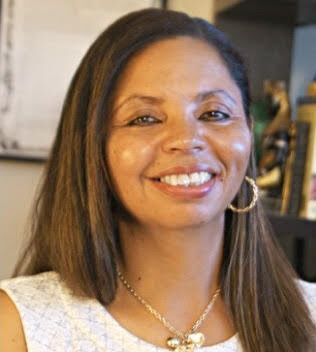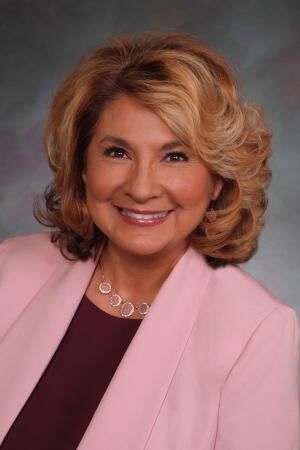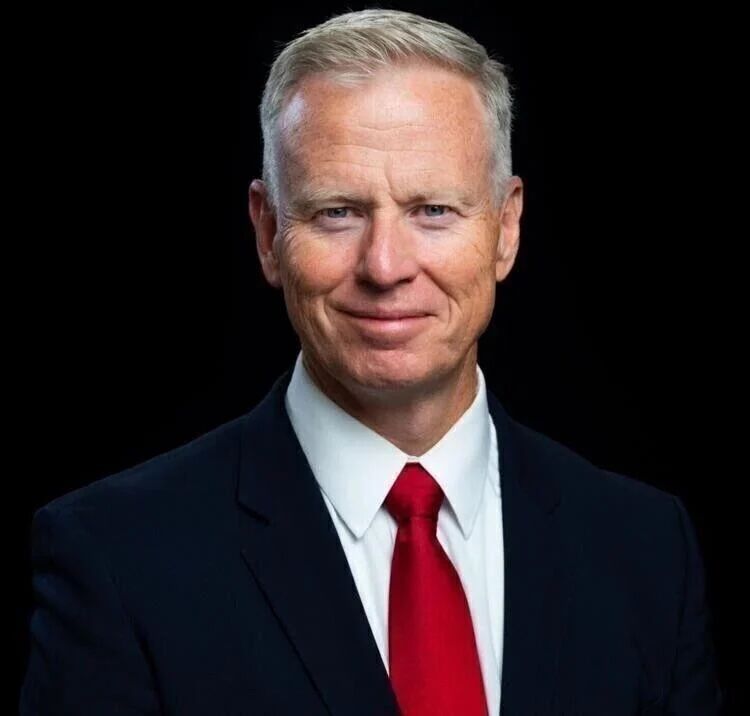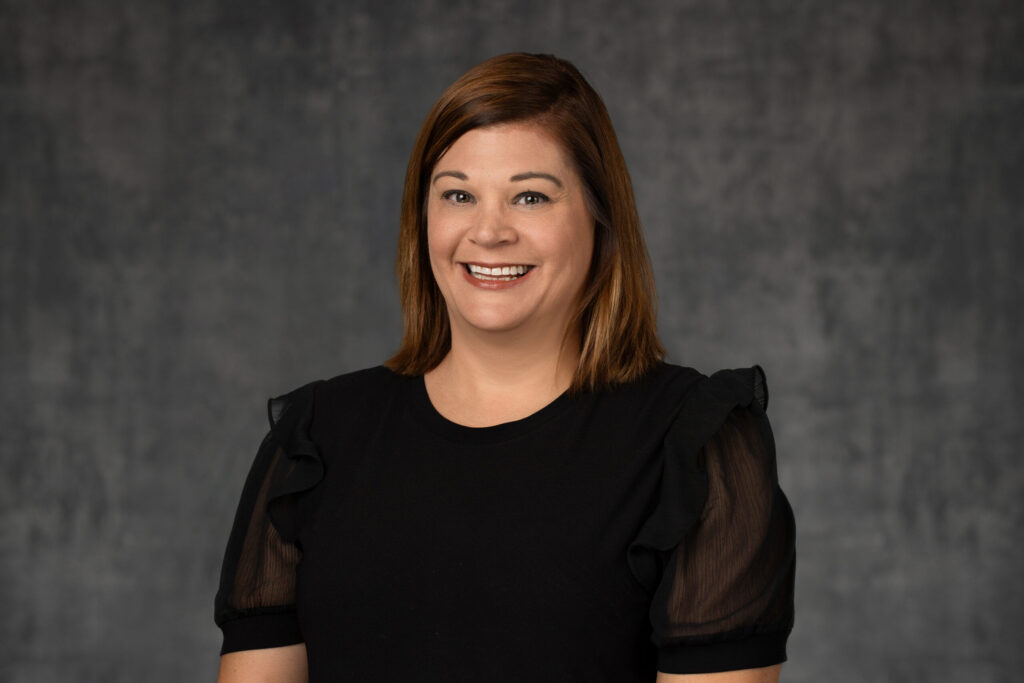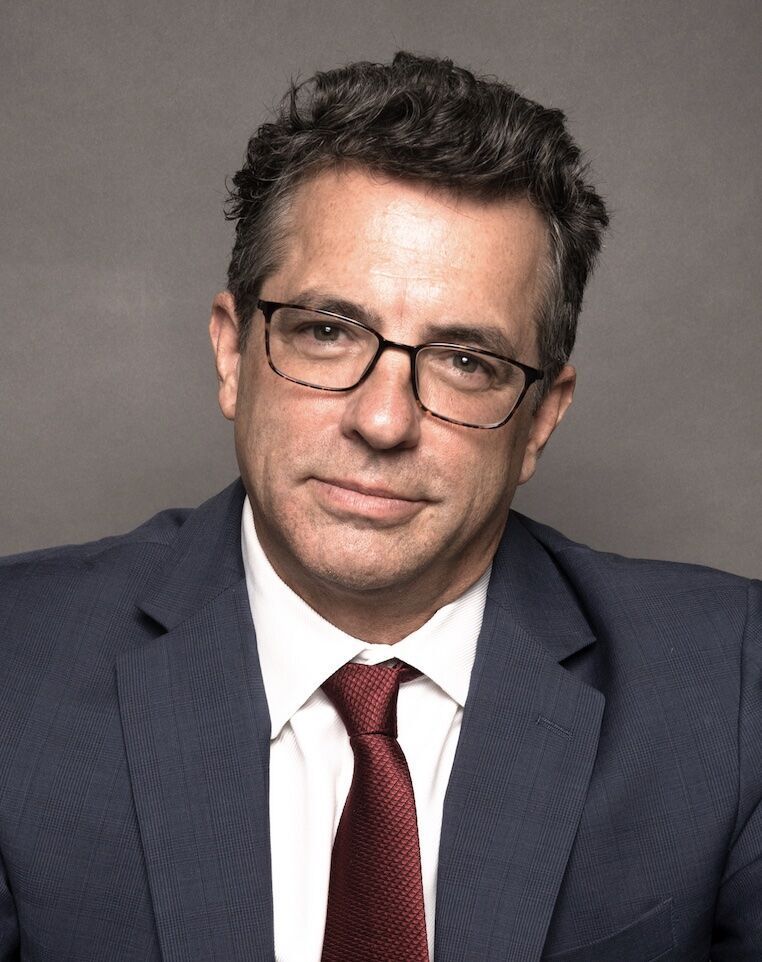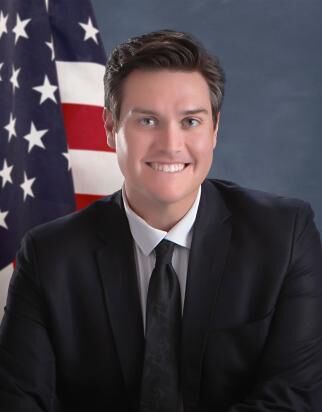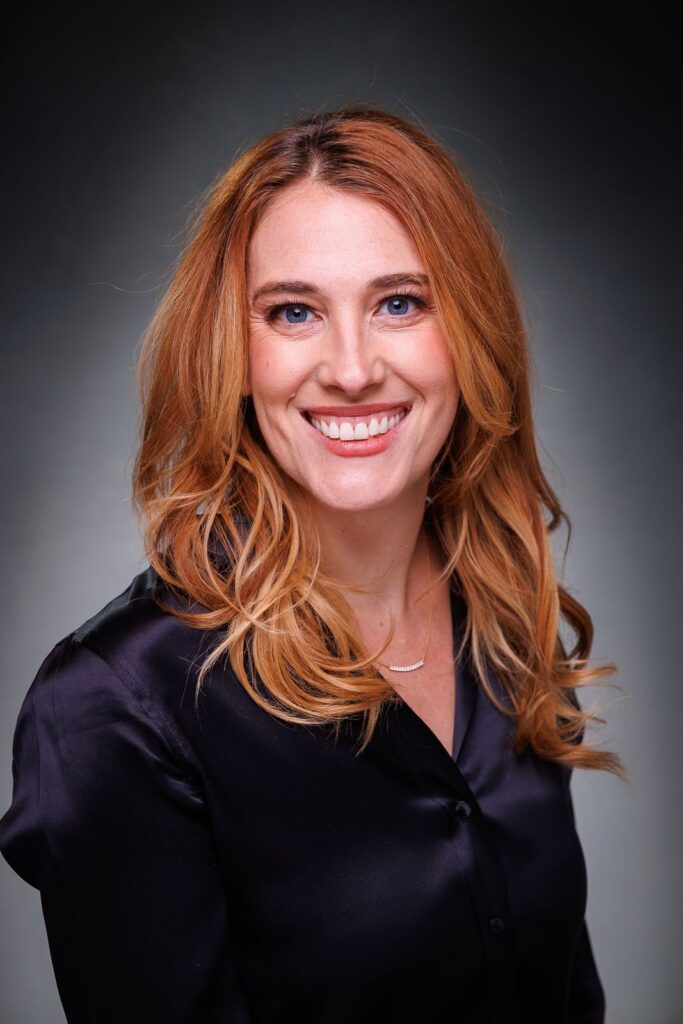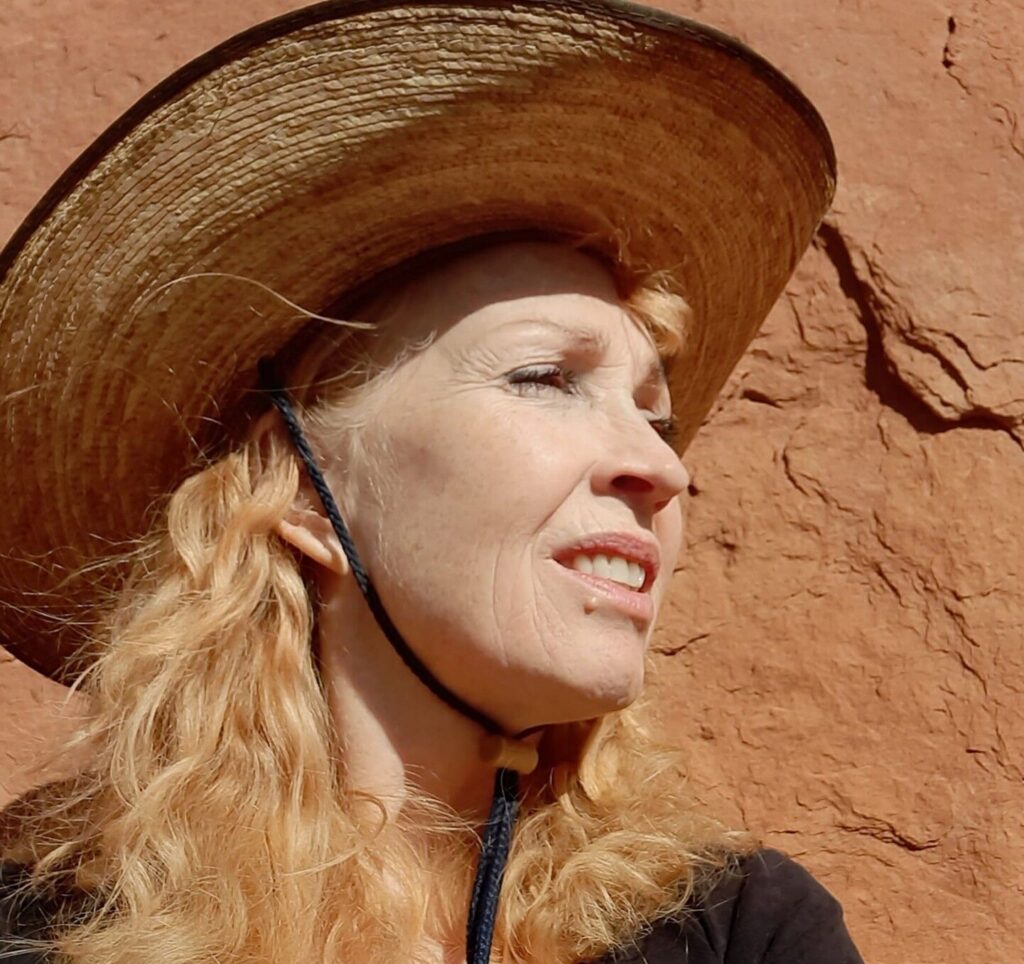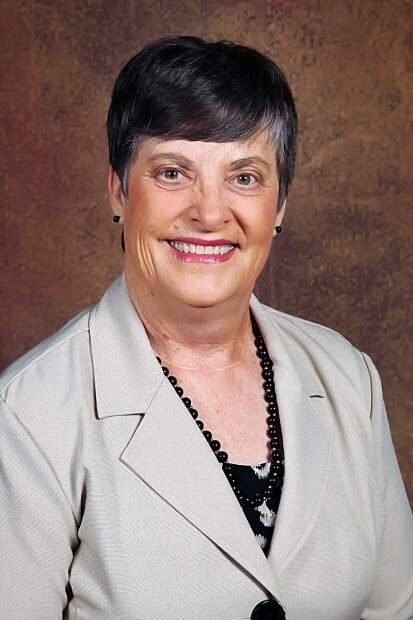NOONAN | Policies once deemed ‘socialist’ are now socially acceptable
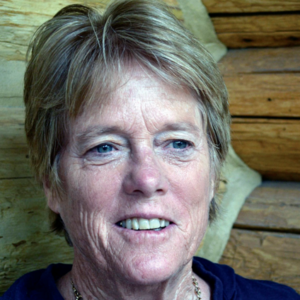

“Socialist” is such 20th century shade. It’s right up there with “commie” for communist and “pinko” for “light red” or “commie” light. The conjoined “commie pinko” was popular in 1958 when the John Birch Society on the right gained traction. For those too young to know, “commie pinko” was just to the left of “socialist.”
When the U.S. Congress debated Medicaid and Medicare in the mid 1960s, the medical industry slammed these programs as socialized medicine. Arguments about the demise of American capitalism attended the controversial legislation. But medical costs were soaring, workers were retiring without their employer-based health insurance, poor families had no health care, and the weeds of today’s messy health care delivery systems were growing fast.
While some from that World War II generation still see Medicare and Medicaid as socialist, most Americans now applaud health care for seniors. Many states have expanded Medicaid to support families who would otherwise go without health insurance. Self-employed entrepreneurs particularly value Medicare when they turn 65 as they finally have access to affordable health care.
The resurrected socialist slur now applies to the concept of Medicare for all or universal health care. It’s also attached to free college education, reducing student loan debt, paid family leave, full-day kindergarten, and actions to reverse climate change. People who support these causes are labelled “socialist.”
Our very own former governor, John Hickenlooper, apparently stumbled over the question of whether he is a capitalist. This is the guy who jump-started the reinvention of Downtown Denver with his Wynkoop Brewery and who resolutely supported business interests throughout his terms as mayor of Denver and governor of Colorado. How ridiculous is it that anyone is even asking him that question?
So what’s underneath the socialist smear? For one, socialist as a slur gets a big push from President Donald Trump, the man whom many consider the ultimate capitalist, bankruptcies included. Some Republican politicians, especially of the older sort, apparently feel the term continues to have negative resonance even with women and the younger sort.
But many women and younger people who experience so-called socialist issues see them as barriers to their full participation in capitalism. After all, many women with college debt, often higher than what men carry, make on average only 79 percent of men’s salaries. It’s no wonder that many women especially support free higher education for at least a portion of their college years and reduced student loan expense.
Millennials and Generation Z’s are now slow to marry and have children. Perhaps it’s because they watched their parents struggle to take care of them with no paid family leave and because the cost of child care has climbed exponentially.
Millennials and Generation Z’s aren’t committing to the American capitalist dream of buying cars or homes. They can’t afford to buy a $30,000 car and a $400,00 home and pay off their $50,000 to $100,000 in higher ed debt too. By the time these millennials and Gen Z’s stagger into Medicare at 65, if it’s still 65, maybe then they’ll be out from under the super-size cost of their living.
But reaching age 65 will only happen if they survive the super-size calamity of climate change. Climate change and environmental degradation require what capitalism doesn’t do well: collective action to reduce the impacts of industrial development.
The U.S. has put its toes in these rivers, lakes, and oceans with the Clean Air and Clean Water Acts of the 1970s. But now the industrial bill is due. The country will have to deliver many more environmental advances just to tread water.
If socialism is the term to describe taking on these challenges, then so be it. But it shouldn’t be considered pejorative.
Paula Noonan owns Colorado Capitol Watch, the state’s premier legislature tracking platform.


